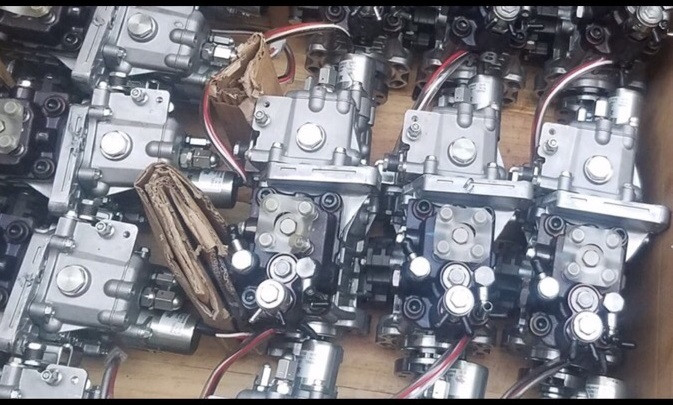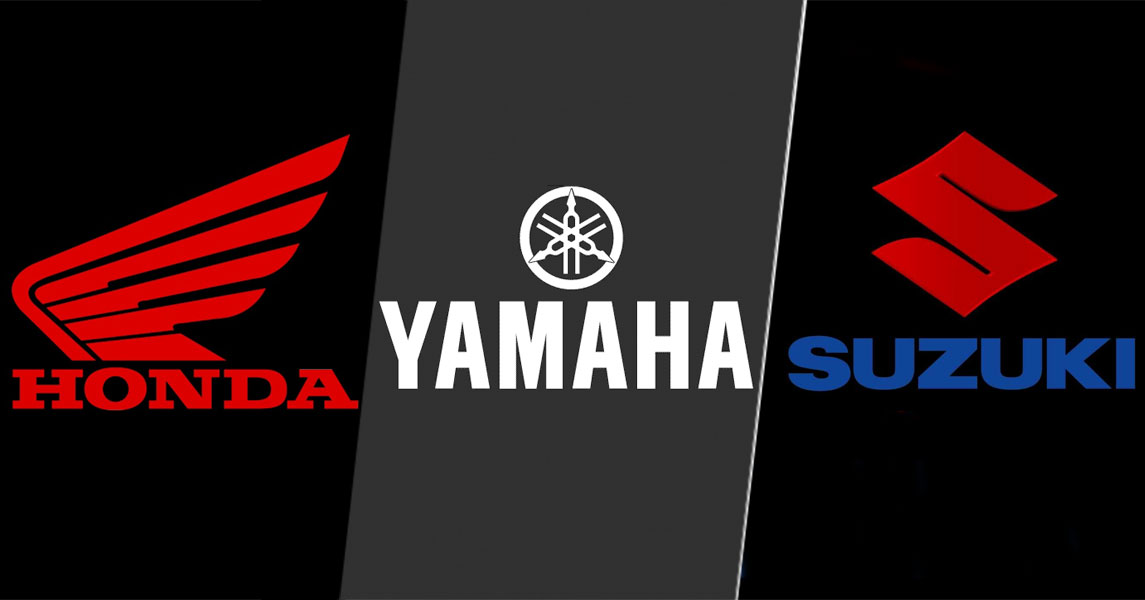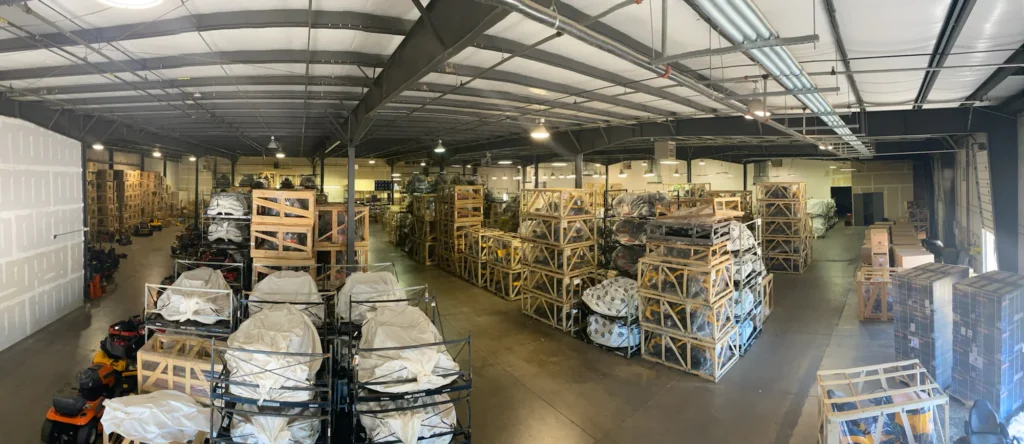Choosing Yanmar engine for your boat can seem daunting. With a wide range of options available, understanding key factors like horsepower, fuel efficiency, and engine specifications is critical to making the best choice. This guide will help you understand what to look for in a Yanmar engine and how to align it with your boat’s needs.
1. Understand Your Boat’s Specific Requirements
First and foremost, knowing your boat’s design and use case is essential. Are you a casual cruiser or a serious long-distance sailor? If you own a heavy-duty fishing vessel, you’ll need a Yanmar diesel engine with higher torque and horsepower, like the Yanmar 4JH series. On the other hand, for lightweight cruising boats, a compact option like the Yanmar 2GM20 may be more suitable.
- Boat Type and Size: Take into account whether your boat is a small sailboat or a large motor yacht. Larger boats generally require engines with more horsepower to move efficiently in various water conditions. Understanding the ideal power output helps you narrow down your choices.
- Usage and Purpose: Think about how you plan to use your boat. If you frequently travel long distances, prioritize fuel efficiency and durability. Yanmar diesel engines are known for their longevity and performance in demanding environments.
Example: If you sail long offshore trips, consider the Yanmar 3YM30, a popular option for its balance of power and efficiency. Its 29 horsepower output is suitable for medium-sized cruising sailboats.

2. Determine the Appropriate Horsepower
Calculating the necessary horsepower (HP) is a crucial step. Under-powering your boat can strain the engine and reduce its lifespan while over-powering it wastes fuel and might affect handling.
- Calculating HP Needs: Consult your boat’s manual for the recommended horsepower range. For example, if you have a displacement hull, you’ll need less power than a planing hull, which requires more horsepower for higher speeds. Using the right Yanmar diesel engine ensures optimal performance and safety.
- Engine Options: Yanmar provides engines with various power outputs. Models like the yanmar 1gm10 for sale, with 9 horsepower, are suitable for small sailboats, whereas the Yanmar 6LY440, delivering 440 horsepower, caters to high-performance yachts.
Advice: Always match your engine power to your boat’s hull type and weight to ensure maximum efficiency and performance.
3. Evaluate Fuel Efficiency and Operating Costs
Fuel efficiency is a significant consideration, especially for long-distance boaters. Diesel engines are generally more fuel-efficient than gasoline engines, making them ideal for marine use.
- Diesel vs. Gasoline: Yanmar specializes in marine diesel engines, which provide better fuel economy and lower emissions than gas engines. If you are a long-haul cruiser, a Yanmar diesel engine like the Yanmar 4JH80, known for its low fuel consumption, is a good pick.
- Operational Range: Depending on your boating habits, you’ll want an engine that offers a balance between power and fuel consumption. Efficient Yanmar diesel engines lower fuel costs and reduce your carbon footprint.
Pro Tip: Use a fuel consumption calculator to estimate how different Yanmar models will affect your operating costs over time.
4. Check Engine Size and Weight Constraints
Space and weight are often limiting factors when choosing a marine engine. Before selecting a Yanmar diesel engine, measure your engine compartment and consider the weight distribution.
- Engine Compartment Fit: Yanmar offers compact models like the Yanmar 2YM15, perfect for boats with limited space. Ensure there is enough room for not only the engine but also for routine maintenance tasks.
- Weight Considerations: Installing a heavy engine in a lightweight boat can disrupt balance and negatively affect performance. Always refer to your boat’s guidelines for weight distribution to make the right choice.
Practical Insight: If your boat has a small engine room, look for Yanmar engines specifically designed for compact spaces. A misfit can complicate maintenance and reduce overall efficiency.
5. Focus on Reliability and Maintenance
Yanmar engines are renowned for their durability and reliability. However, different models may have varying maintenance requirements.
- Ease of Maintenance: One of the main advantages of Yanmar diesel engines is their user-friendly design. Many models come with easy-access points for oil checks, fuel filters, and coolant systems. Routine maintenance is essential to keep your engine running smoothly.
- Service and Parts Availability: Before purchasing, research whether Yanmar parts and services are readily available in your area. This ensures any issues can be quickly resolved. Yanmar’s global network of dealers makes it relatively easy to find parts and qualified service technicians.
Tip for Boat Owners: Opt for models like the Yanmar 4JH57, which is well-regarded for reliability and straightforward maintenance.
6. Consider Emissions and Warranty Options
In today’s world, environmental regulations are stricter than ever. Ensure your engine complies with emission standards and comes with a solid warranty.
- Emission Standards: Yanmar engines are designed to meet international emission regulations, reducing their environmental impact. This is especially important if you plan to boat in areas with strict environmental laws.
- Warranty and Support: Always review the warranty details. Yanmar provides comprehensive warranties, offering peace of mind and protecting your investment.
Final Thoughts: Choosing the right Yanmar diesel engine requires careful consideration of your boat’s needs, engine specifications, and how you use your vessel. Take the time to weigh the pros and cons of different models, and consult with a marine professional if necessary.
Step-by-Step Guide to choosing Yanmar engine
- Assess Your Boat’s Specifications
- Boat Type and Hull Design: If you have a displacement hull, you generally need less horsepower but more torque for efficient cruising. A planing hull requires more horsepower to achieve higher speeds.
- Size and Weight of the Boat: Heavier boats need more powerful engines to achieve optimal performance. For example, if you own a mid-sized cruising sailboat, a Yanmar engine in the 30-50 HP range, like the Yanmar 3JH40, could be ideal.
- Understand Your Sailing Style
- Long-Distance Cruising: If you plan to cover long distances, choose a model known for fuel efficiency, such as the Yanmar 4JH45.
- Coastal or Occasional Boating: A smaller engine like the Yanmar 2YM15 could suffice if you’re mostly doing short trips or coastal cruising.
- Consider Engine Efficiency and Emissions
- Yanmar’s engines are compliant with the latest emission standards and offer exceptional fuel efficiency, making them suitable for eco-conscious boaters. The Yanmar 4JH80 is an excellent option for powerful performance with lower emissions.
- Maintenance and Accessibility
- Opt for an engine with accessible maintenance points. Models like the Yanmar 4JH57 feature straightforward layouts, making routine checks and repairs easier. Ensure your engine is compatible with easily available parts and has a network of certified technicians nearby.
- Review Popular Yanmar Engine Models
- Yanmar 1GM10: Compact and ideal for small sailboats, with a single-cylinder design.
- Yanmar 3YM30AE: A robust, reliable 29 HP engine perfect for mid-sized cruising boats.
- Yanmar 6LY440: A high-powered option for motor yachts and commercial boats.
Detailed marine engine buying guide on choosing the Right Yanmar Diesel Engine for Your Boat
Selecting the appropriate Yanmar diesel engine is crucial to ensure optimal performance and efficiency for your vessel. Here is a comprehensive breakdown to help you navigate your options:
1. Assess Your Boat’s Specific Needs
- Boat Type & Hull Design: The engine requirements vary significantly depending on whether your boat has a displacement or planing hull. Displacement hulls need engines with higher torque and moderate horsepower, while planing hulls need powerful engines to reach high speeds. For instance, for a heavy sailboat, the Yanmar 4JH45 could be a great fit.
- Boat Size & Weight: Understand the gross weight of your boat. Larger boats require more robust engines to perform well in various conditions. You might consider a model like the Yanmar 4JH80 for a larger, offshore cruiser.
2. Identify Your Boating Activities
- Long-Distance Cruising: If you’re venturing on long passages, you want an engine that provides a balance of power and fuel efficiency. Engines like the Yanmar 3YM30AE or Yanmar 4JH57 are often praised for their endurance and efficiency.
- Day Sailing & Coastal Use: For shorter, leisurely trips, a smaller engine like the Yanmar 2YM15 is usually sufficient. It provides reliable performance for light-duty usage.
3. Focus on Engine Efficiency and Environmental Impact
- Yanmar engines are known for their advanced technology, which meets stringent global emission standards. The Yanmar 4JH57 is an excellent choice if you prioritize reduced emissions. These models incorporate advanced fuel-injection technology, ensuring cleaner exhaust and efficient fuel use.
4. Consider Installation and Maintenance
- Engine Size & Installation Space: Always measure the engine compartment on your boat before choosing a model. Compact engines like the Yanmar 1GM10 are ideal for tight spaces.
- Ease of Maintenance: Choose a model that provides easy access to service points, like the oil filter and cooling system. Yanmar designs, such as the Yanmar 3YM20, prioritize convenient access to make maintenance simple for boat owners.
Top Yanmar Engine Models and Their Features
- Yanmar 1GM10
- HP: 9 HP
- Best For: Small sailboats and tenders
- Key Features: Single-cylinder, compact size, excellent reliability
- Yanmar 2YM15
- HP: 14 HP
- Best For: Day cruisers and small motorboats
- Key Features: Dual-cylinder, lightweight, good fuel efficiency
- Yanmar 3YM30AE
- HP: 29 HP
- Best For: Medium-sized cruising sailboats
- Key Features: Smooth operation, low emissions, three-cylinder design
- Yanmar 4JH80
- HP: 80 HP
- Best For: Larger yachts and commercial vessels
- Key Features: High power output, advanced emission control, efficient fuel use
FAQs About Choosing Yanmar Diesel Engines
1. What’s the average lifespan of a Yanmar engine?
Yanmar engines are known for their durability and can last several thousand hours with proper maintenance.
2. How often should I service my Yanmar diesel engine?
Routine maintenance should be performed every 100 hours or once a year, whichever comes first.
3. Can I install a Yanmar engine myself, or do I need a professional?
While some experienced boat owners may handle the installation, it’s usually recommended to have a professional marine engineer do the job.
4. Is there a warranty for Yanmar engines?
Yes, Yanmar provides a standard manufacturer’s warranty, which varies depending on the engine model and usage.
Conclusion
Choosing the right Yanmar diesel engine for your boat is a critical decision that impacts not only performance but also fuel efficiency and maintenance. By assessing your specific boating needs, considering the type of activities you’ll be engaged in, and evaluating the engine’s efficiency and maintenance requirements, you can make an informed choice that enhances your boating experience. With reliable models such as the Yanmar 4JH57 for long-distance cruising or the compact Yanmar 2YM15 for day sailing, there’s a solution tailored to various applications. Prioritizing these factors will ensure that you select an engine that not only meets your performance expectations but also aligns with your environmental goals. Investing time in understanding these options will lead to a more enjoyable and successful time on the water. If you have further questions or need assistance, don’t hesitate to reach out for expert advice.




